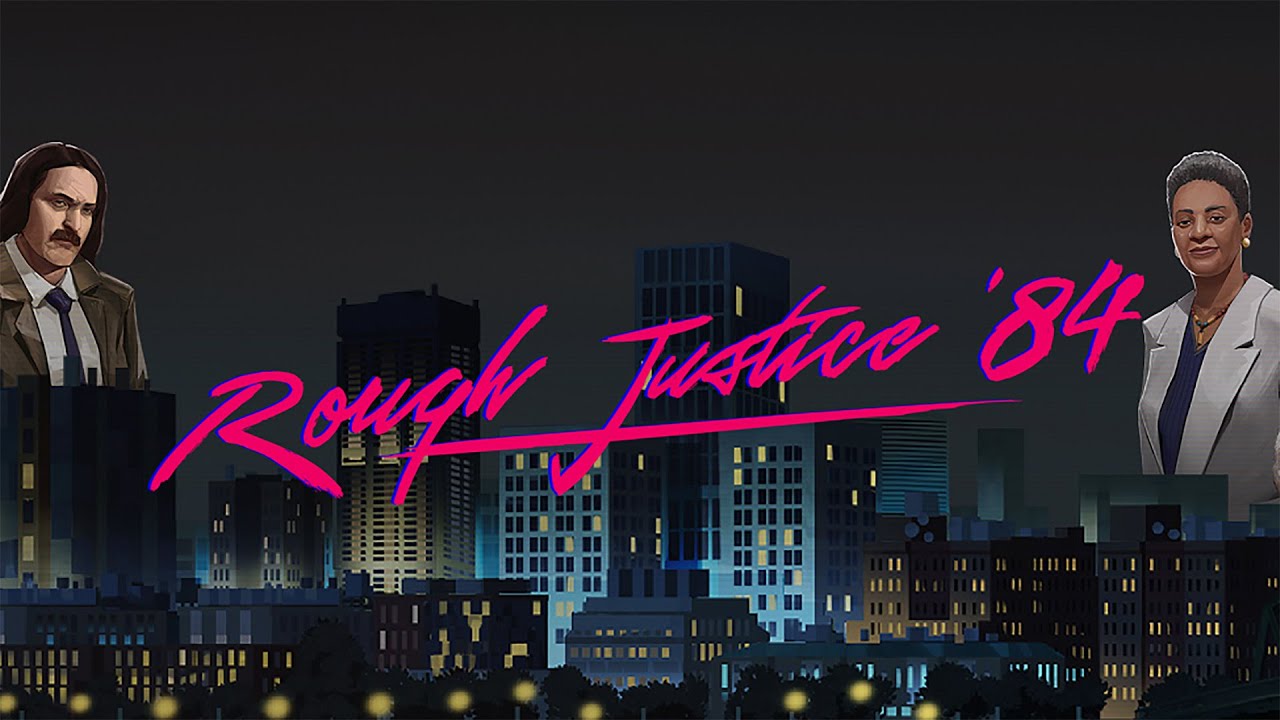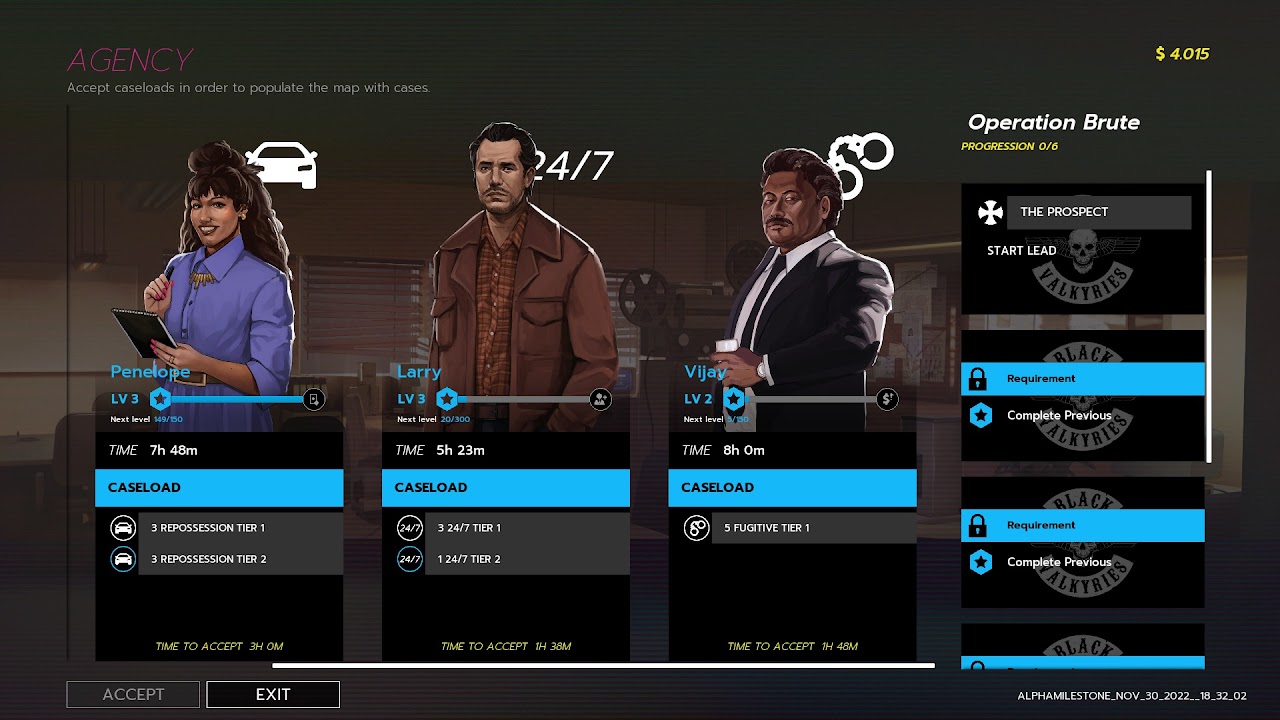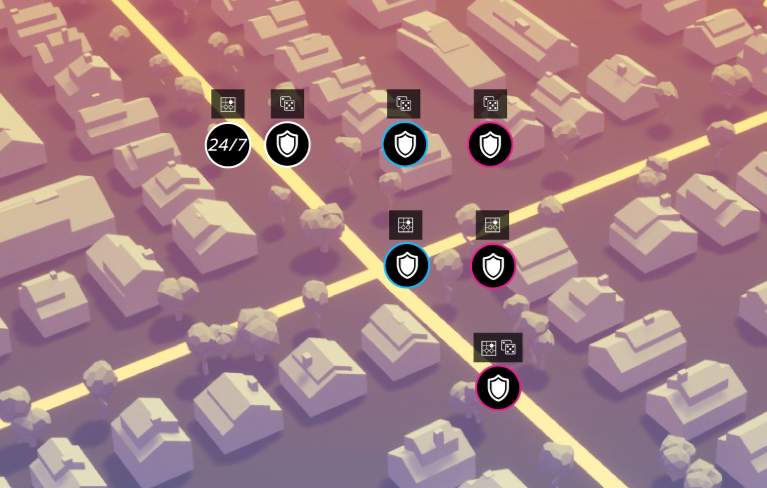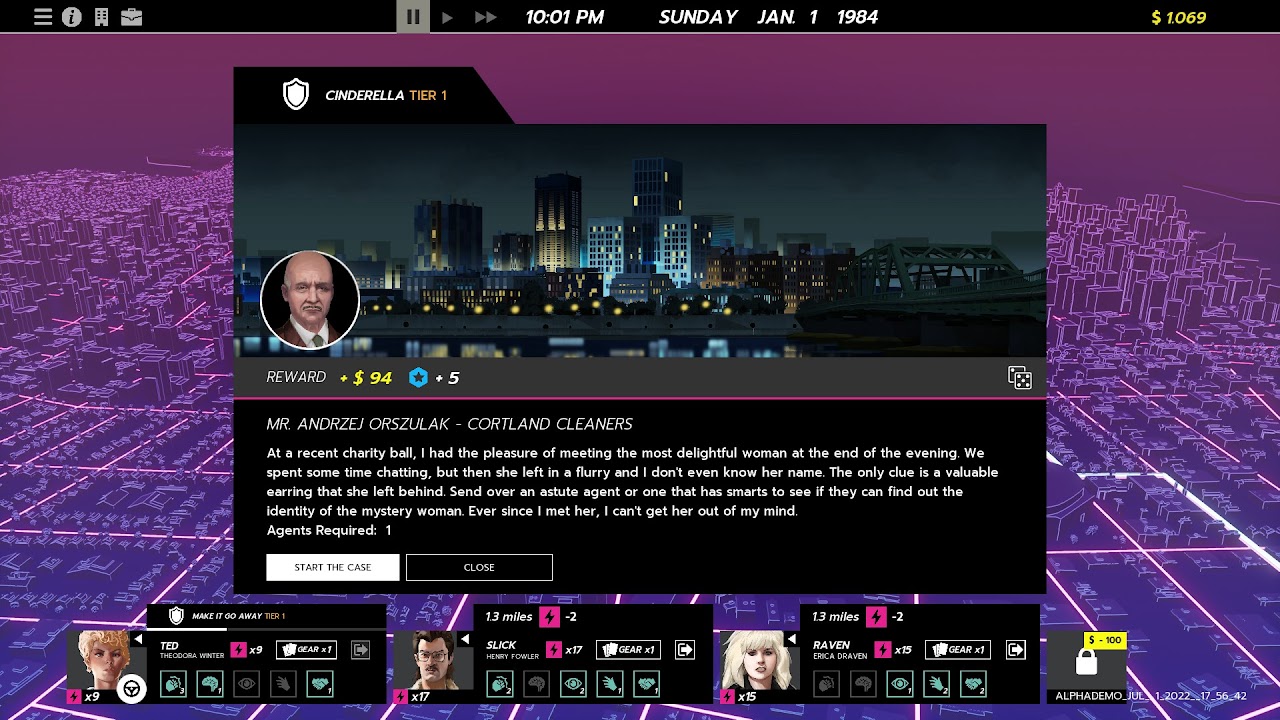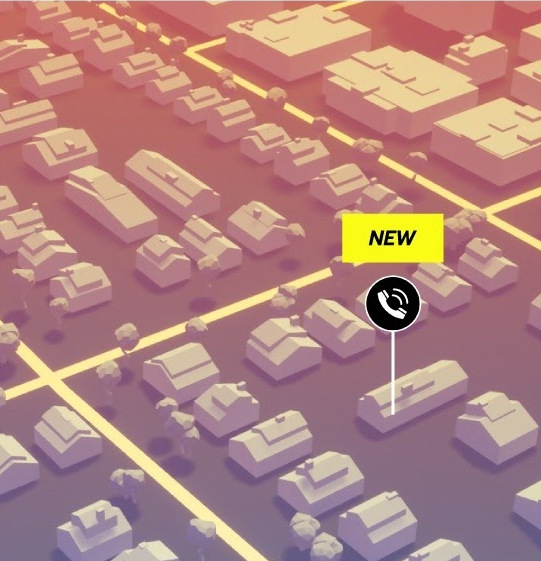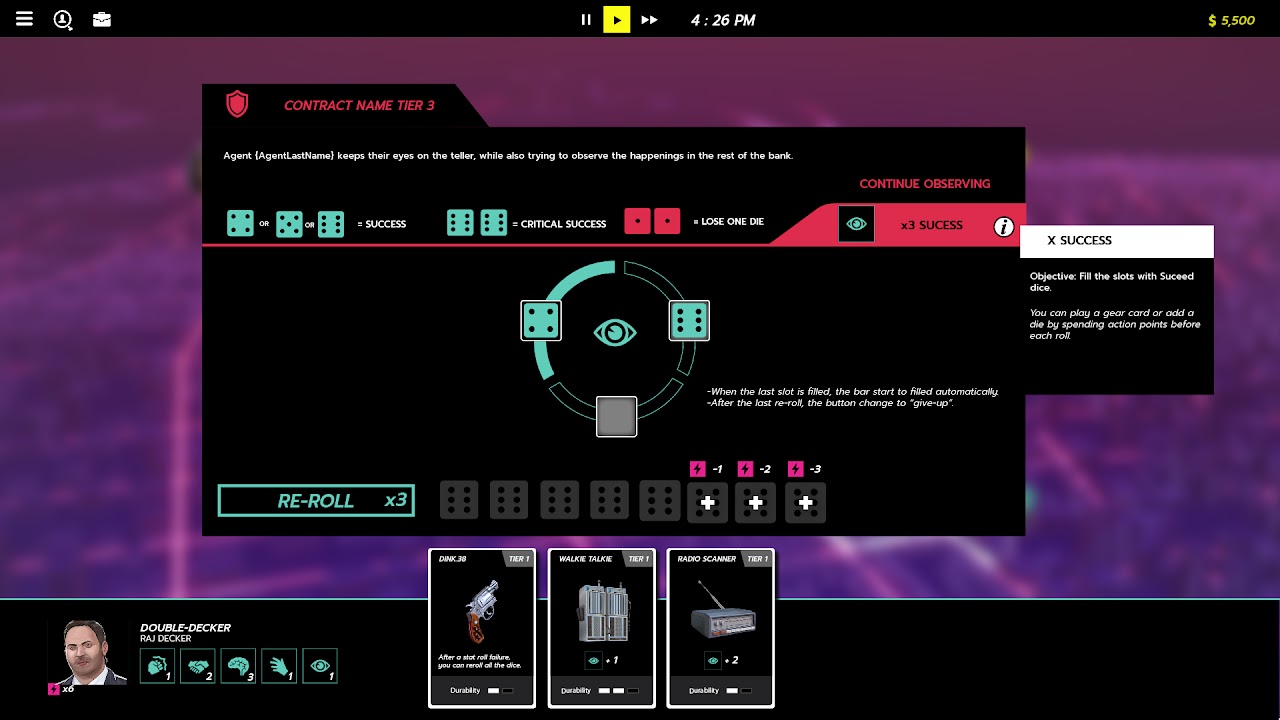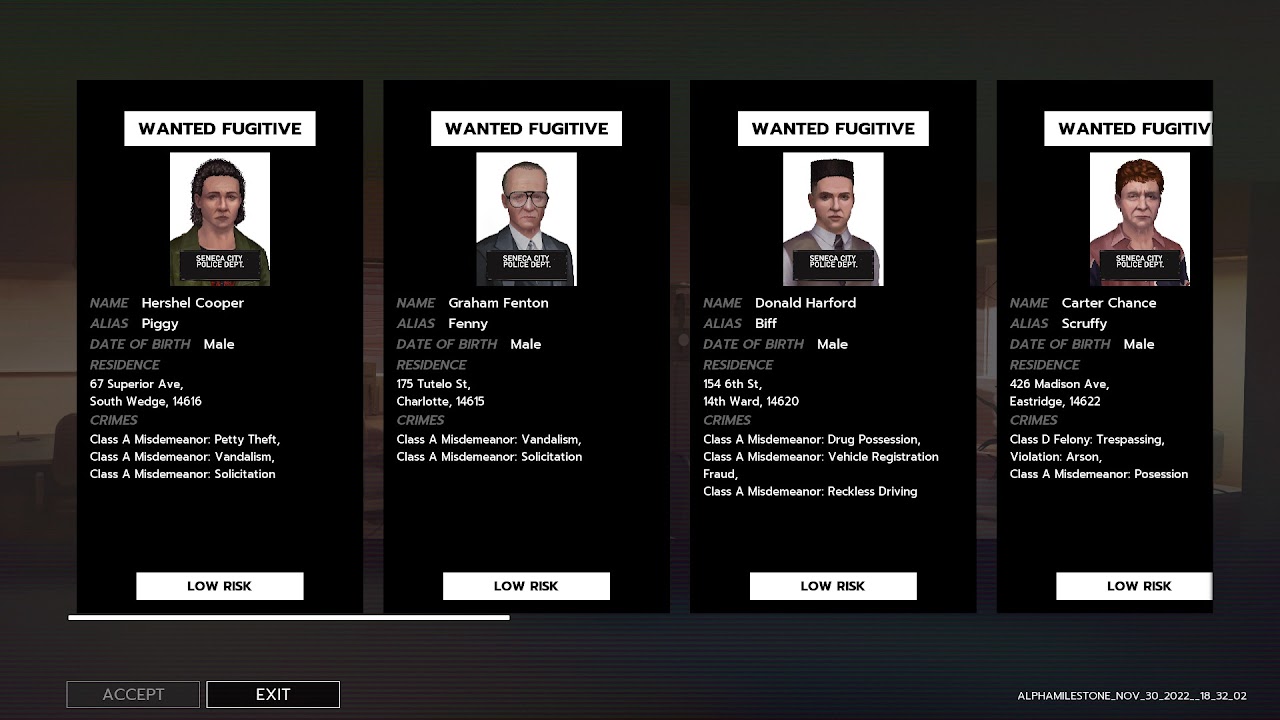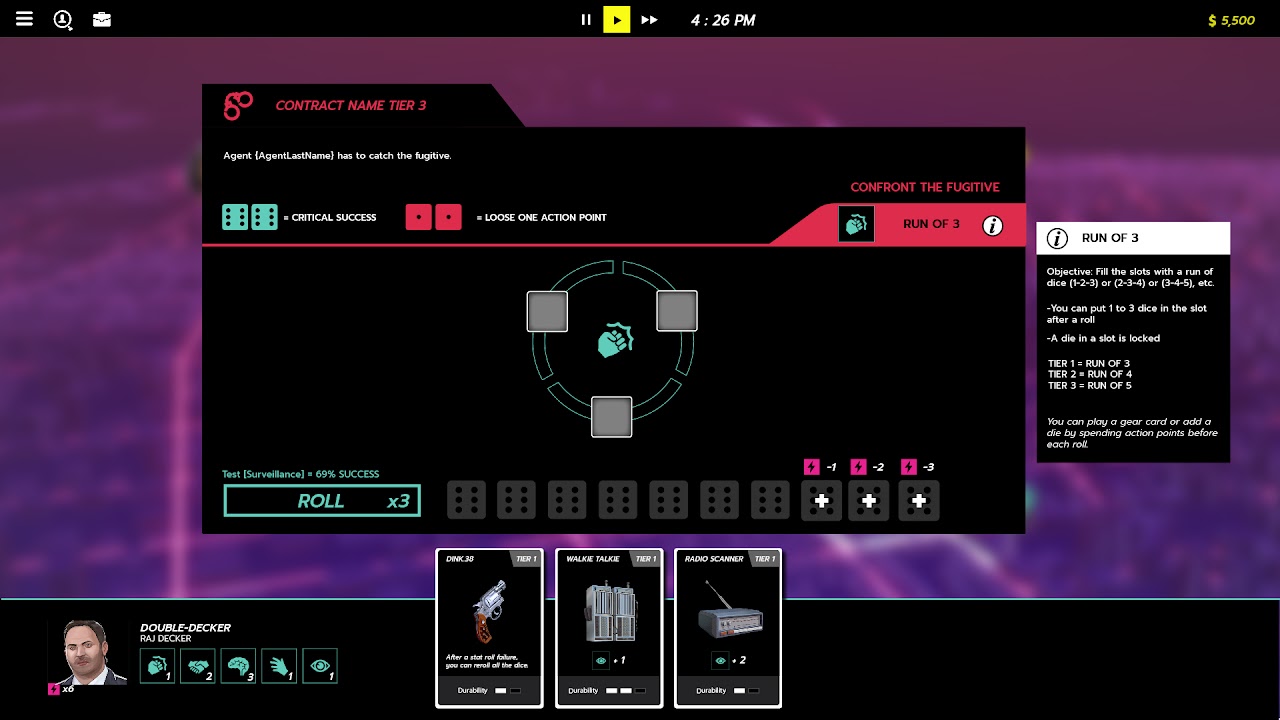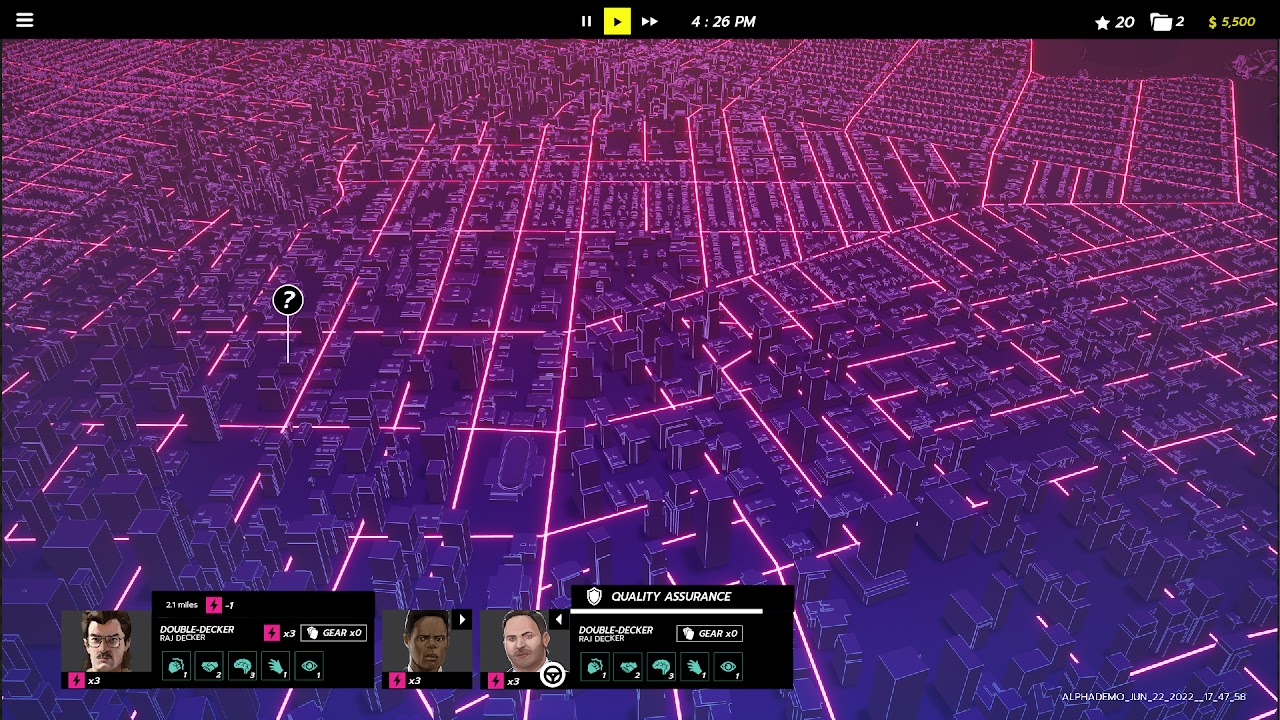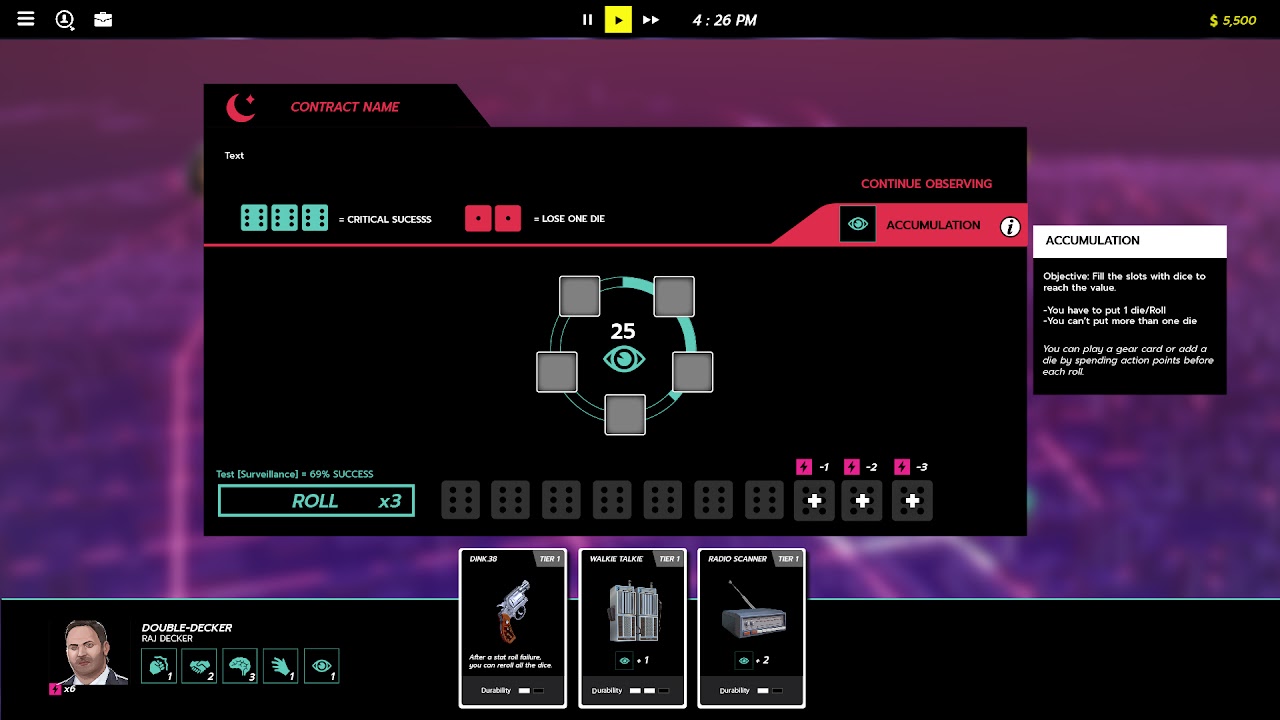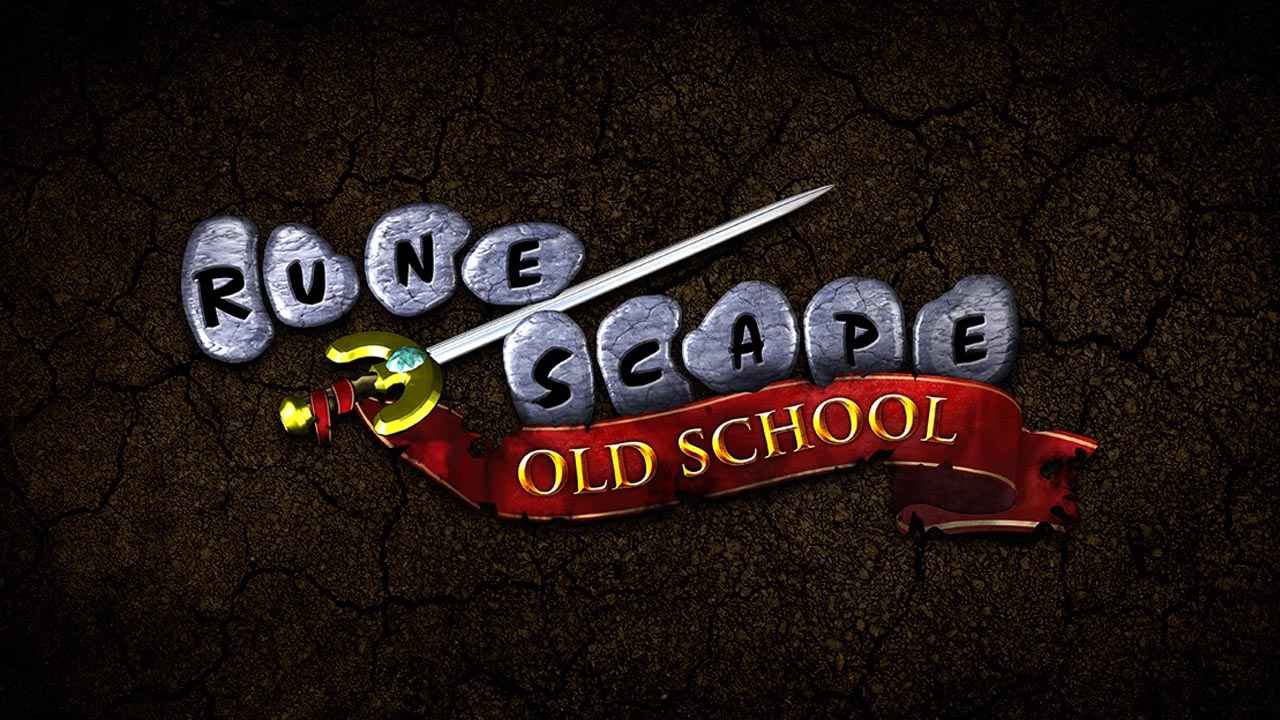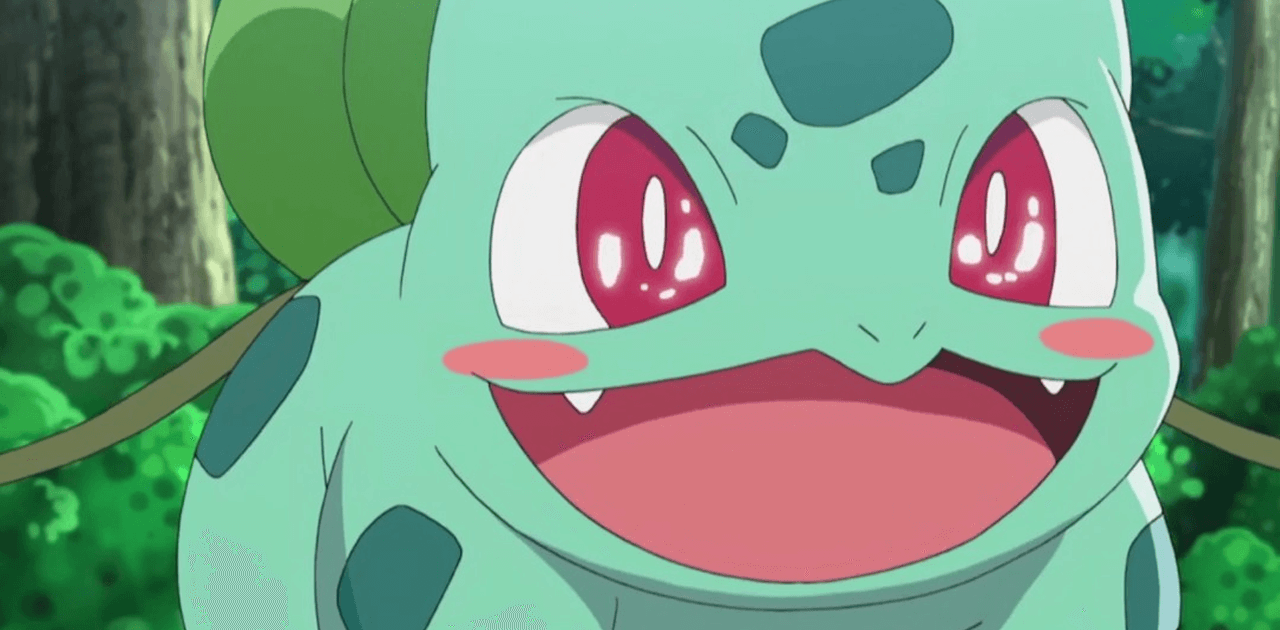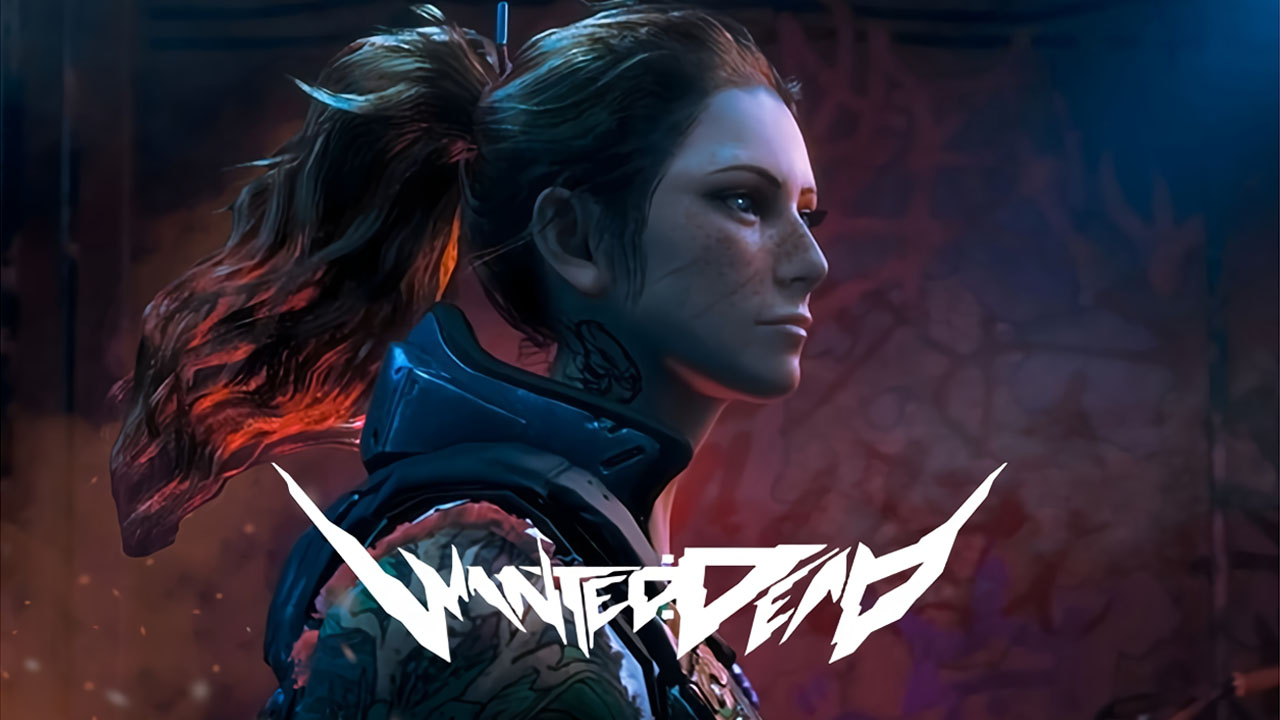These are ‘missions’ that will populate the map of Seneca City, with varied objectives and tasks, along with unique storylines, challenging the player to make the right call at the right time. Cases are accepted in a bundle, a so-called “caseload”, which consists of a number of cases. They are offered by case-type-specific case officers.
General Case Mechanics
Through careful reading, you will be able to give your agent the edge they need to come out on top, as there will be clues to help you ascertain which stats will be most useful for the case as you progress through and are faced with challenges which correlate with your agent’s stats, or if not, can potentially be supplemented by gear cards.
Action Points are deducted from the agent when accepting cases. The distance from the selected agent to the case determines the total amount of action points required.
Once a case is opened the agent roster appears at the bottom of the screen. Each agent’s stats are shown, giving you an overview as to which agent is best for the job.
Case Officers
There are presently four case officers available. Each case officer specializes in a particular type of case type.
Hank = Security
Larry = 24/7
Penny = Repossession
Vijay = Fugitive Recovery
By completing caseloads from case officers, their level can either increase or decrease (as seen below).
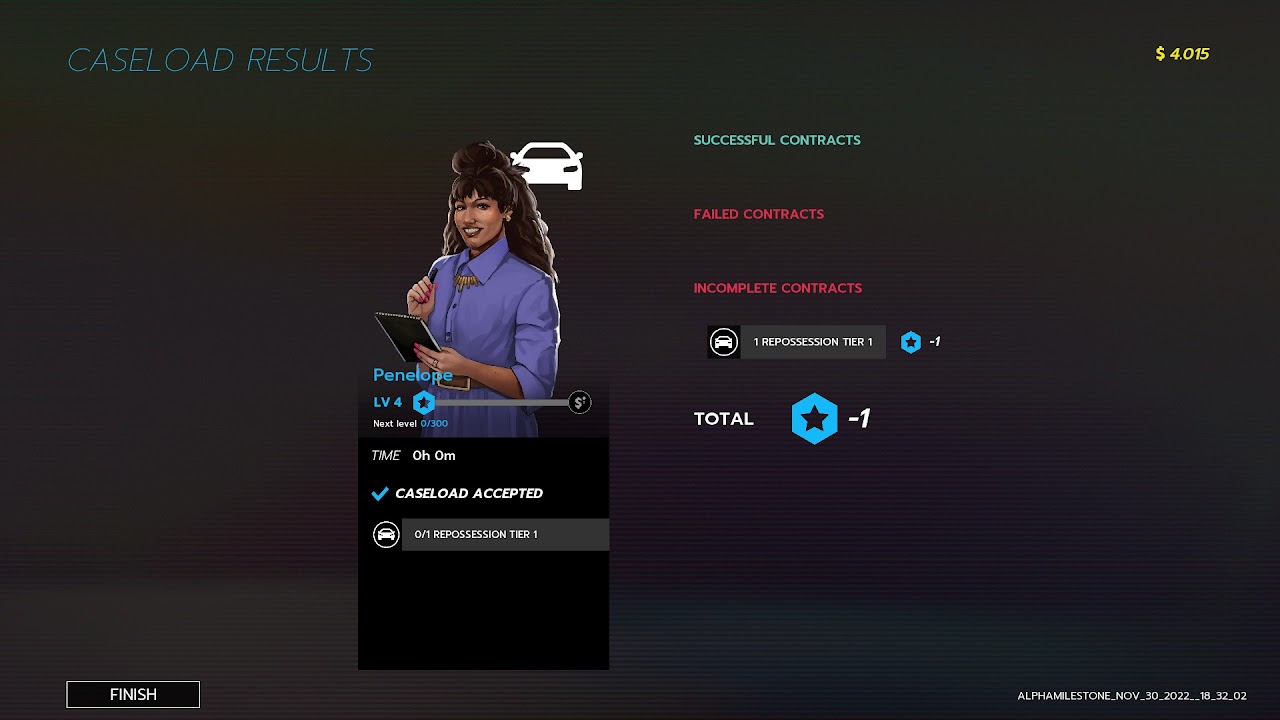
When leveling up case officers, additional agency-wide bonuses are applied. These bonuses vary from case officer to case officer, as well as from level to level.
Tiers
Contracts have 3 different tiers of difficulty which are denoted by color. White is Tier 1, Blue is Tier 2 and red is Tier 3. The tier difficulty is defined as an increase in the challenge but also an increase in potential rewards.
Clients
Each case has a client or “quest giver” which introduces the case specifics.
Informants
During the day informant icons may appear. At the first hour of the night, the informant icon disappears.
The player needs to pay the informant to unlock a Moonlighting case.
After payment, the case is readable but can’t start it until the night
At the first hour of the night, the contract can be started
At the first hour of the day, the night contract disappears if it’s not accepted.
Security
Security cases typically involve the safekeeping of objects or individuals.
The dice roll mechanic for security cases is referred to as “4 & Up”.
This means that a 4, 5 or 6 is required for a “success”
24/7
This contract type is focused on puzzles. Although not as lucrative as other case types, they are a good opportunity to train, as puzzles are potential challenges in other case types.
Each puzzle is unique in its own right. Some rely on logic whereas others are reflex based.
Puzzle challenges are tier based, which means if you have a tier 3 case, you can expect a tier 3 puzzle. The higher the tier, the more difficult the puzzle will be.
For a real challenge, higher difficulties are available to put your abilities to the test.
Fugitive Recovery
These cases involve investigating and tracking the known locations of wanted fugitives and apprehending them.
Up to three cases will be available at any one time. You can select 1 per caseload.
There are 3 different risk factors, low, medium, and high. This represents the increase in difficulty level as well as the potential rewards.
Fugitive cases can be a mixture of puzzle challenges or dice rolls.
Greyline
These case types occasionally appear and are not tied to a case officer.
No challenges are required for this case type, so which agent you send is irrelevant. These cases pose moral dilemmas, which can give you some interesting rewards. Be warned though, Case Officers frown upon this case type, and you’ll lose reputation will all Case Officers.
- This case type does not have a Case Officer.
- Economic incentive is higher with this case type
- Spawning is randomized
Moonlighting
Moonlighting cases are “extra jobs” that are frowned upon by case officers.
This case type does not have a Case Officer.
The economic incentive is higher with this case type
If accepted, Agency-wide reputation is lost per Case Officer ( 5 per officer)
There is NO Tier difficulty for this case type.
Spawning is randomized- it is done with an INFORMANT. Informants only show up at night.
Informants are on a timer. There are 3 variables: early, on time, and late.
EARLY = first 3rd of timer = -20% cost
ON TIME = first 2/3 of timer = normal cost
LATE = last 1/3 of timer = double cost
The unique die roll mechanic for this case type is ACCUMULATIVE, the goal is to reach 25.
These cases (and informants) only pop up at night. Night is defined by: 6 pm – 6 am.
The frequency is 30% per hour.
This case type has 5 die slots.
